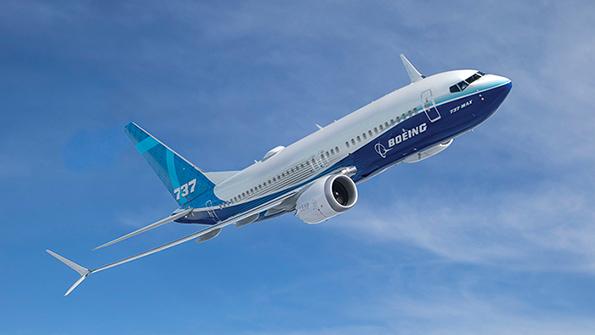Opinion: Why Boeing Will Soar Again

The grounding of Boeing’s 737 MAX in March 2019, after 346 people had been killed in two crashes, has been attributed to technical issues with the airplane’s flight automation system, management problems related to a culture of cost-cutting and public relations issues surrounding the mishandling of communication to stakeholders.
Citing accumulating losses, costs incurred due to the groundings and potential loss of sales, observers have made dire predictions about the company’s future.
- Despite the MAX problems, customer satisfaction is still above average
- Johnson & Johnson and Toyota weathered similar crises
- ”White glove” service and support are key to restoring trust in the MAX
Despite these setbacks, Boeing’s core strength—its highly satisfied base of loyal customers—has gone unnoticed. Boeing has cultivated that base over decades through products with cutting-edge technology, an unprecedented level of reliable and robust performance and high levels of ongoing service and support.
Consistently maintaining such stringent reliability standards is extremely difficult, and performance issues such as the recent safety lapses are bound to occur. Other iconic companies have experienced similar incidents, such as Johnson & Johnson’s Tylenol poisoning crisis in 1982 and Toyota’s brake pedal-induced recall crisis in 2009. These companies pulled through because their base of highly satisfied customers stuck with them.
Our research shows that Boeing will survive this crisis due to the high degree of brand insulation it has among its customers. Brand insulation occurs when customers who are reliably and consistently satisfied with a company are willing to forgive a product-quality lapse, viewing it as an anomaly and trusting that the company will address the issue. If the company does so to their satisfaction, they willingly forgive it and may even increase their loyalty to the company.
Proof of Boeing’s brand insulation comes from our C-CUBES customer value index, which provides a consistent metric of customer value for the business-to-business (B2B) sector. Our index is based on more than 14,400 customer evaluations of B2B companies across all industries and reliably predicts a company’s long-term financial performance. A score of 100 indicates the highest customer value.
Boeing’s score was 83.52 as of November 2019, almost five points above the average of 78.55 for all B2B companies. Even more interesting, Boeing’s score on safety is 90.1, compared to the B2B sector average of 78.3. Its highly satisfied customers see Boeing as a safe brand, notwithstanding the negative media coverage of the MAX issues.
There are steps Boeing can take to reinforce its brand insulation among its customers. In addition to fixing product quality and managing communication with stakeholders, the largest driver of brand insulation is customer service and support. Johnson & Johnson did this by instituting a no-questions-asked return policy to help its customers cope. Toyota did it by offering no-questions-asked inspections and replacements to its customers. Boeing needs to provide white-glove, no-questions-asked service and support including training for pilots, making airlines and passengers whole for their losses and ensuring customers have a high level of trust in the MAX.
Over the last 20 years, while the Dow Jones index surged 200%, Boeing stock outpaced it at 400%. Such sustained performance is not a chance occurrence. Boeing has stumbled before, and it will stumble again. But its high degree of brand insulation among its customers provides Boeing’s stakeholders and shareholders an opportunity to restore confidence in the company as it works to repair relationships with regulators, customers and all other key constituents.
Vikas Mittal is the J. Hugh Liedtke Professor of Marketing at Rice University’s Jones Graduate School of Business. Shrihari Sridhar is the Joe Foster ’56 Chair in Business Leadership and Professor of Marketing at Texas A&M University’s Mays Business School.
The views expressed are not necessarily those of Aviation Week.


Comments
I liked the examples such as TOYOTA And the Tylenol case. Gig ‘Em!
Wolfram E. Gonzalez M ‘85